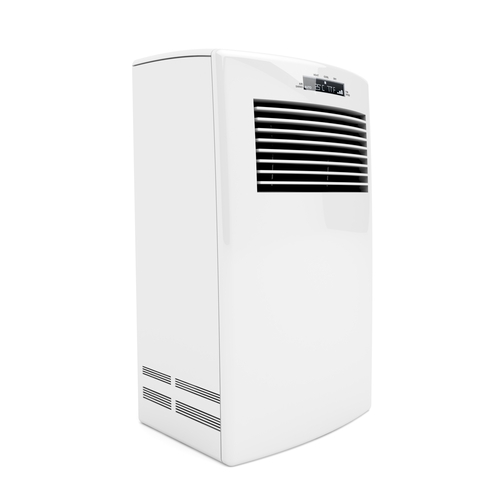
When it comes to maintaining the proper environmental conditions in a data center, managing temperature is only one part of the equation. In many parts of the U.S., the summer months offer another challenge: excessive humidity.
In general, electronics can only tolerate so much humidity before their performance suffers due to corrosion or material degradation leading to catastrophic failure. This is particularly true if data center air becomes humid enough that condensation occurs. If not properly managed, humidity levels can lead to condensation forming within servers. This moisture can work its way into sensitive electronics and cause corrosion.
In some cases improperly managed humidity levels s can result in extreme consequences. In 2011, for example, Facebook suffered a particularly unique problem in one of its data centers in Prineville, Oregon.
A combination of high humidity that exceeded levels of 95 percent relative humidity and malfunctioning temperature controls resulted in serious condensation. There wasn’t just a little water on the floor—an actual cloud formed in the data center and rained on equipment.
Obviously, this is not a desirable situation. However, it is equally true that the opposite can also present a major problem for data centers. As pointed out by an article in the Data Center Journal, too little humidity can facilitate a buildup of an electrostatic charge. If that is allowed to continue, electrostatic discharges could occur and potentially damage equipment.
In 2011 the American Society of Heating, Refrigerating and Air Conditioning Engineers (ASHRAE) updated standards for acceptable data center environmental conditions. ASHRAE’s Technical Committee 9.9, which is tasked with establishing environmental guidelines for technical facilities, has released an excellent white paper on the subject. In summary ASHRAE allows a broader acceptable range of temperature and humidity than in the past and recommends using an absolute measurement of humidity, such as Dew Point, for measuring data center humidity levels. Maintaining an acceptable level of humidity is critical to long term uninterrupted data center operation.
This requires attention to certain data center systems design considerations, including a properly configured and functional precision cooling system that allows air to be properly conditioned prior to being cycled through the facility.

